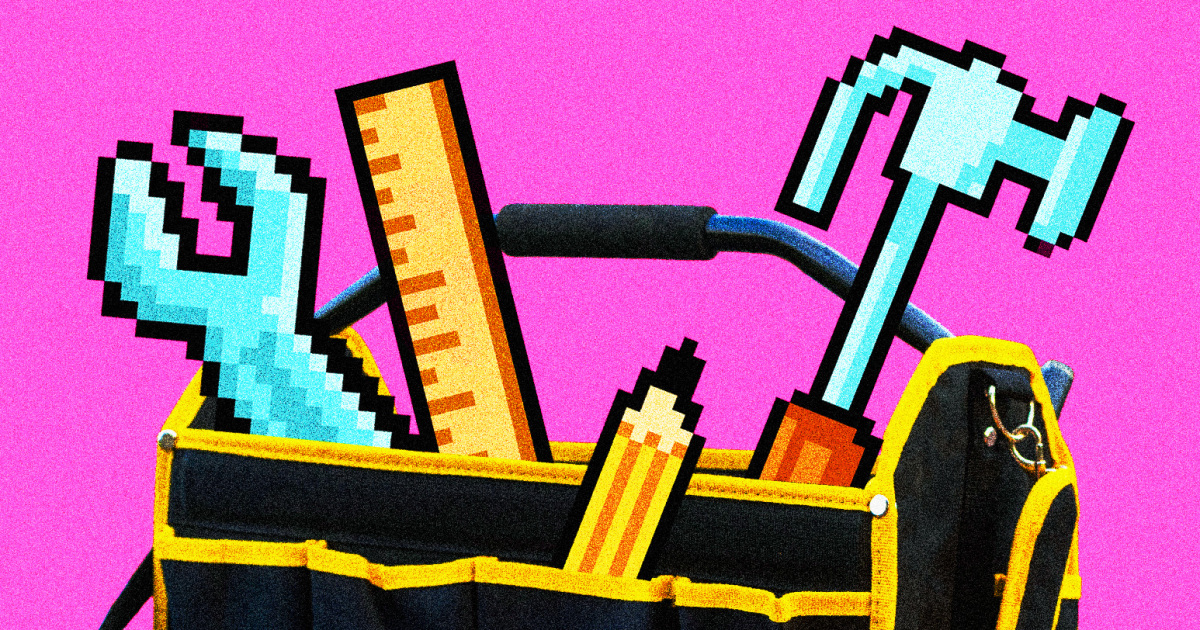There is no shortage of hype around AI coming for jobs, and while the U.S. labor market has begun to sputter, hard evidence of AI-related job losses is scarce.
Geoffrey Hinton’s message on a recent podcast about artificial intelligence was simple: “Train to be a plumber.”
Hinton, a Nobel Prize-winning computer scientist often called “the Godfather of AI,” said in June what people have now been saying for years: Jobs that include manual labor and expertise are the least vulnerable to modern technology than some other career paths, many of which have generally been considered more respected and more lucrative.
“I think plumbers are less at risk,” Hinton said. “Someone like a legal assistant, a paralegal, they’re not going to be needed for very long.”



So I kinda agree with you, but there’s a big piece missing from your conclusion.
Over time you would come to know the business, the customers, the unwritten expectations, and you could point out or correct problems that had nothing to do with grammar or spelling. You could look at something and say “$100000” in sales is a digit too low because you know rightly what sane numbers will be. You can pick up donuts on your way in because you saw a meeting on your boss’s calendar.
An AI can do none of that. I’m not an AI hater at all, but I can’t think of a single job where AI could completely replace an actual person. If your office needs one or two assistants, they can’t replace them with AI. If they need five, maybe they could get by with four. Or maybe the office can just take on more work.
I’m not saying there will be no jobs lost, but the numbers will be much lower than most folks fear (or hope, for those on the other end of the stick). I think the hype is more disruptive than the AI.